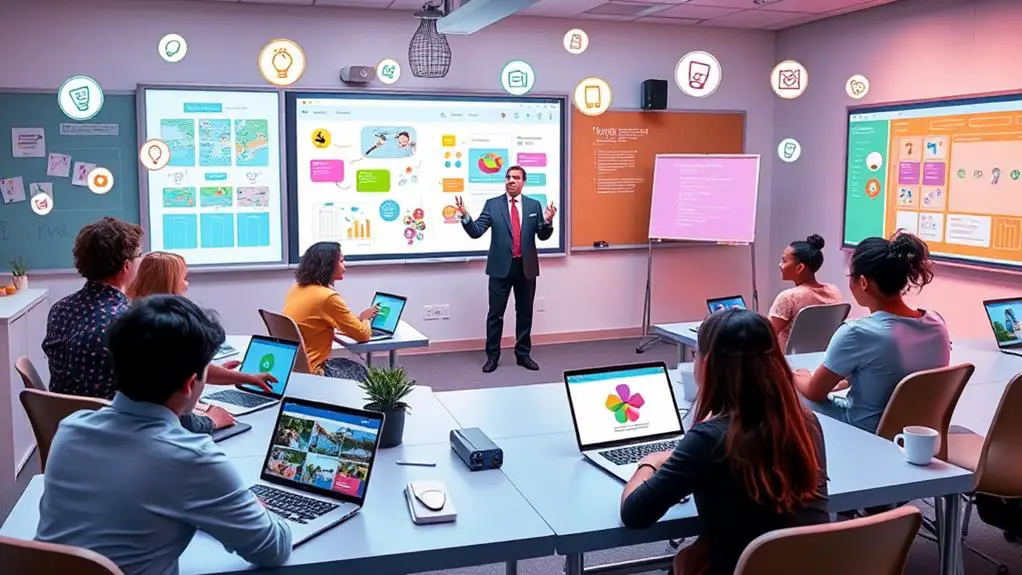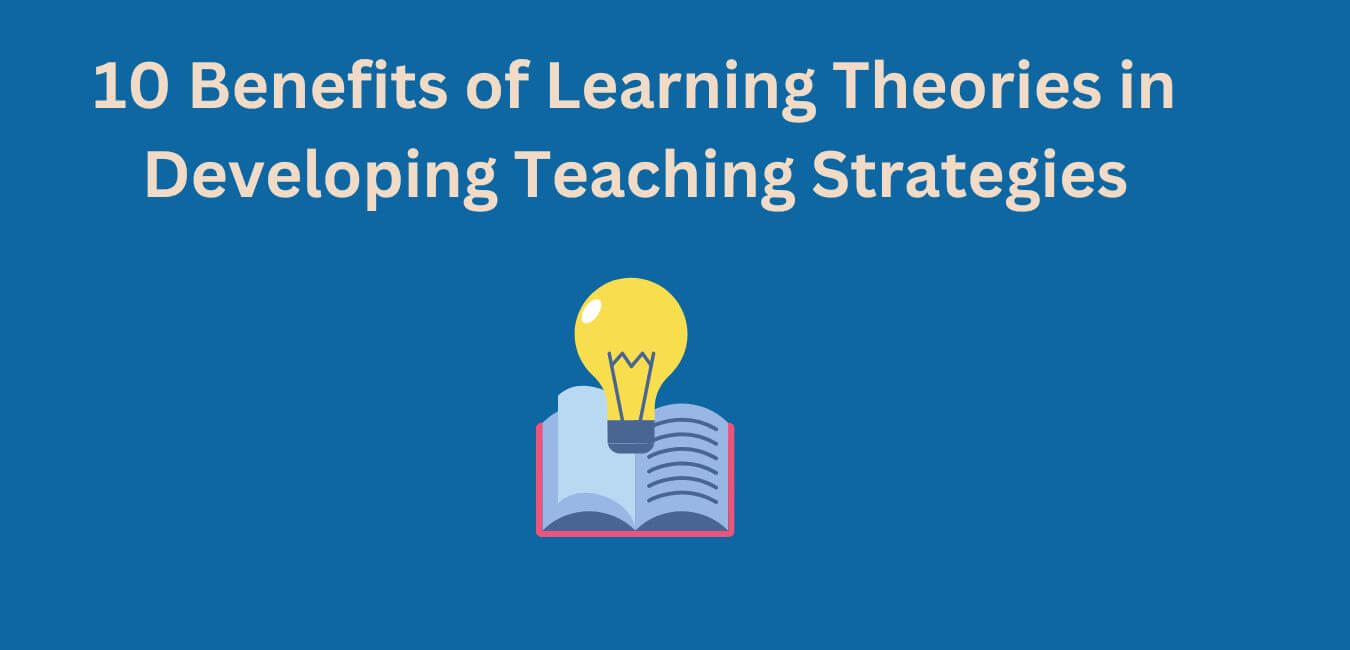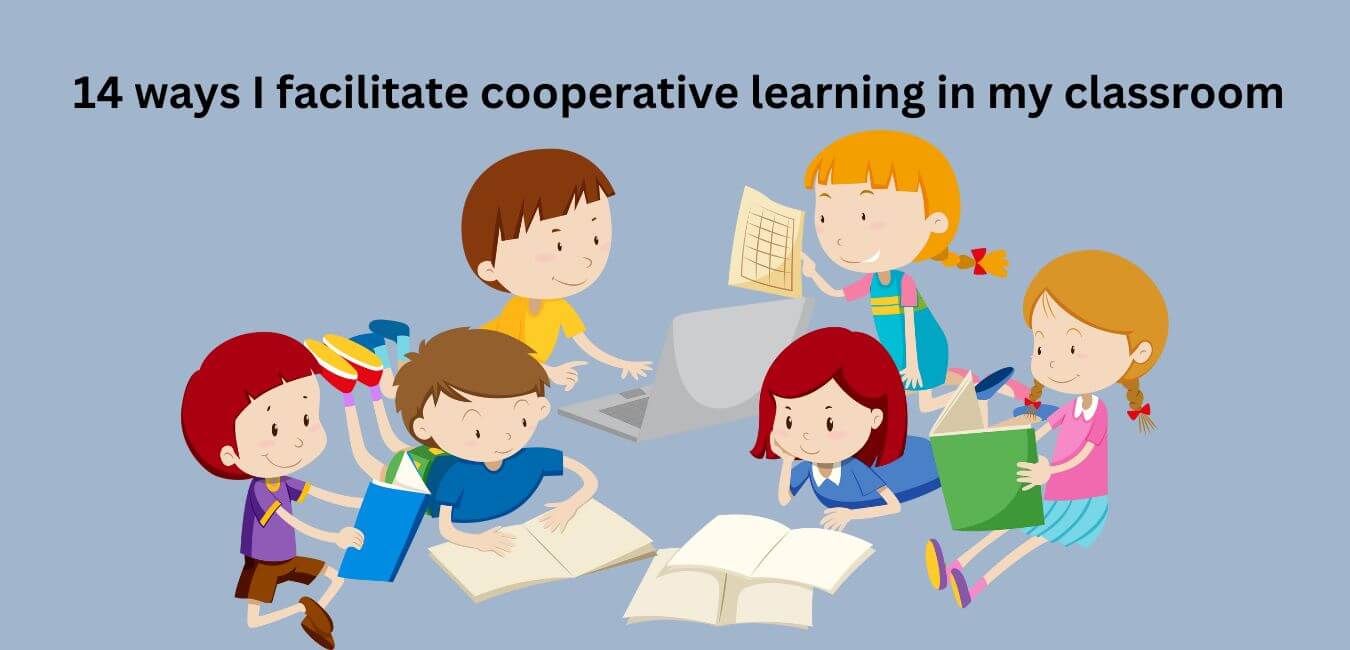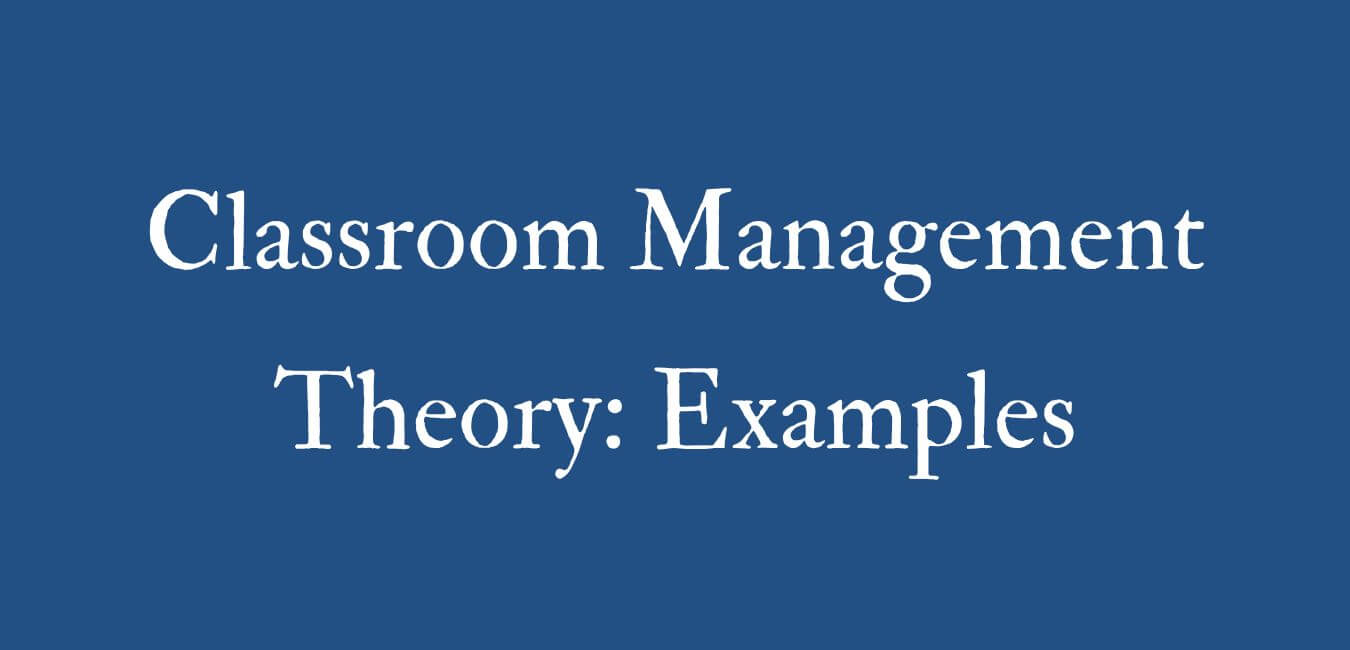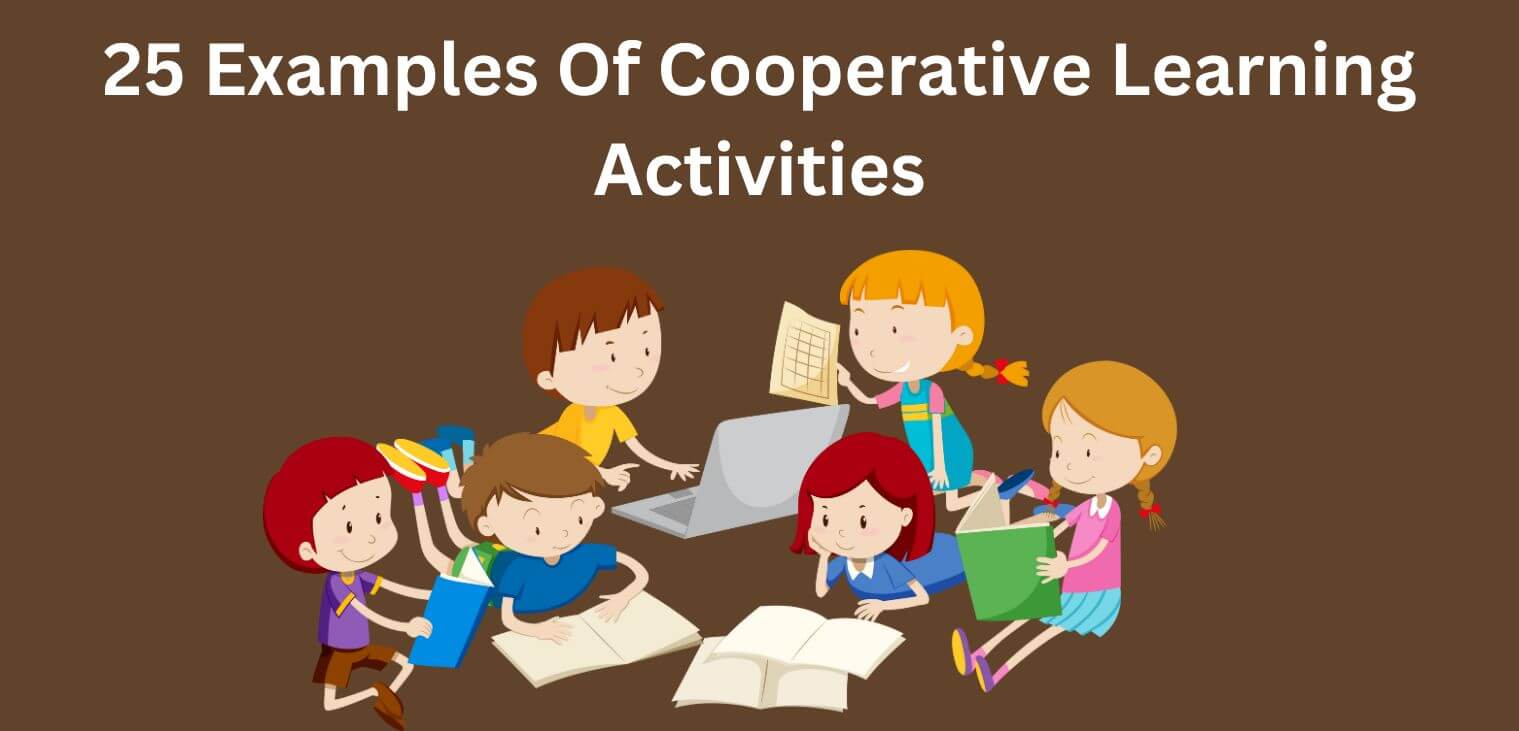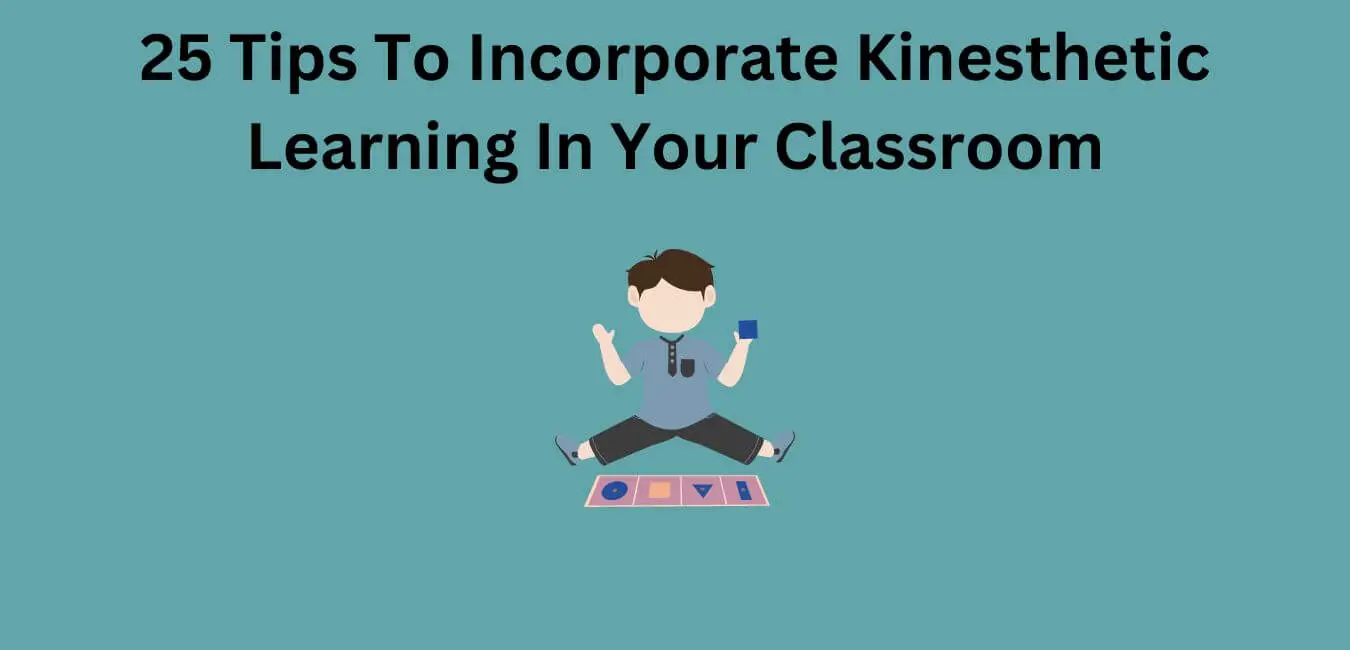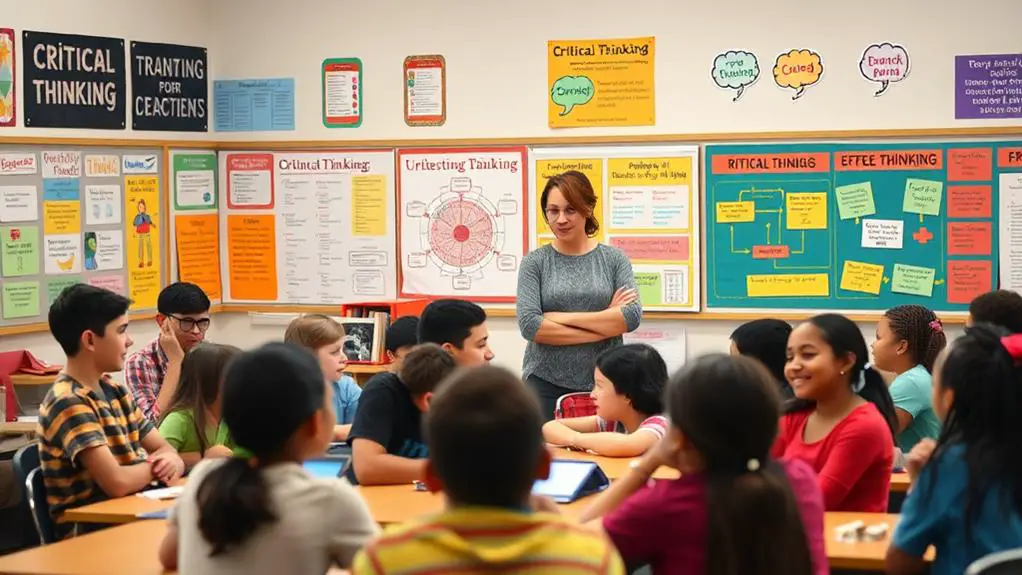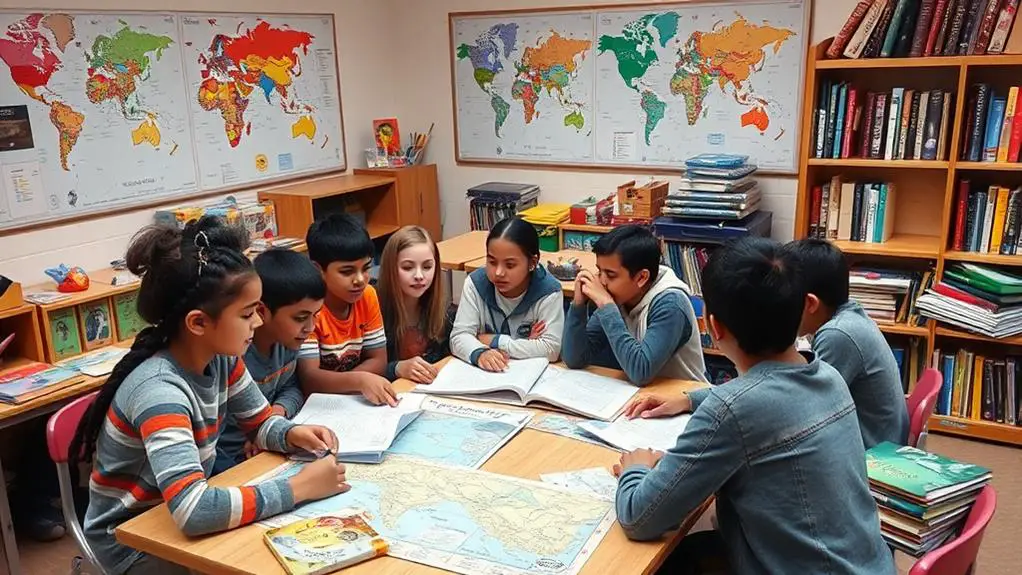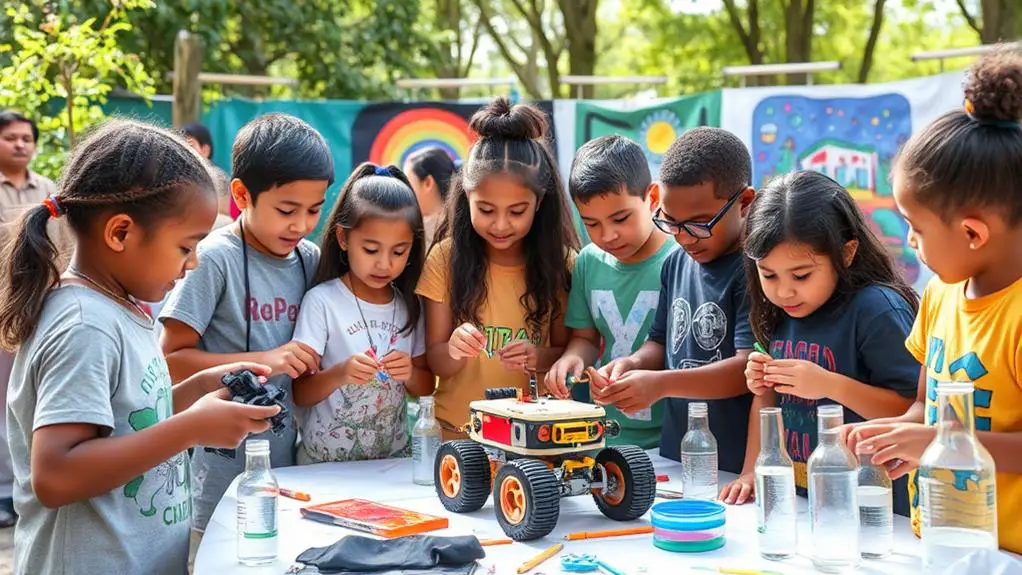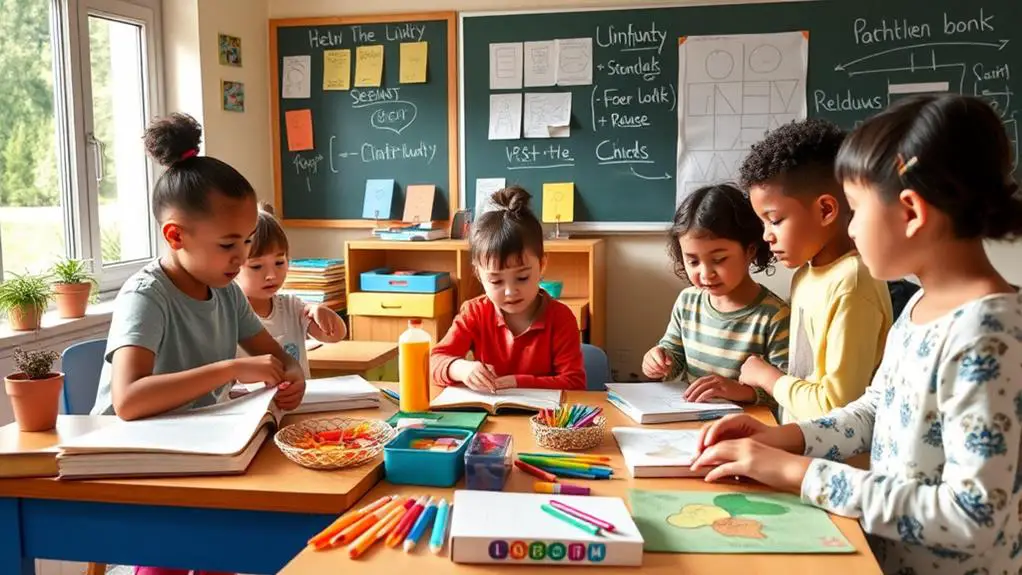Engaging online learners requires innovative strategies that move beyond conventional approaches. Incorporating interactive content and gamification techniques can significantly enhance both participation and motivation.
Personalized learning paths are also vital, as they address the specific needs of each student, making the learning experience more relevant and effective.
However, it is crucial to strike a balance between these strategies while also cultivating a sense of community among participants.
Consider how integrating tools like discussion forums, collaborative projects, and social media can foster connection and engagement in an online environment.
Interactive Content
Interactive content is essential for engaging your audience in online courses. Incorporating interactive quizzes not only assesses knowledge but also creates an immersive learning experience. These quizzes invite learners to actively participate, fostering curiosity and a sense of community as they connect with the material and with each other through shared challenges.
Virtual simulations enhance this engagement further. They provide learners with the opportunity to immerse themselves in practical scenarios, making the learning process enjoyable and relevant. By recreating real-life situations, learners can build skills and confidence in a safe environment. They can take risks, learn from their mistakes, and gain valuable insights without facing real-world repercussions.
Integrating these interactive elements into your courses is crucial, as they transform passive learning into an active, engaging experience that resonates with participants.
Gamification Techniques
Gamification techniques enhance online courses by integrating game-like elements that engage and motivate learners. Implementing a points system rewards every action taken by learners, encouraging deeper engagement.
Achievement badges act as visible symbols of success, highlighting skill mastery and fostering a sense of community among participants.
Introducing leaderboard competition can spark healthy rivalry, motivating learners to improve and build connections with their peers.
Immersive storytelling creates relatable and exciting narratives, enriching the learning experience.
Crafting challenge quests enables learners to address real-world problems, promoting teamwork and collaboration.
Level progression provides a tangible sense of accomplishment as students witness their growth over time.
A well-structured rewards system can further motivate participation and reinforce positive behaviors.
Encouraging learners to share their achievements not only boosts recognition but also strengthens community ties.
Personalized Learning Paths
Personalized learning paths transform the online educational experience. This approach customizes curriculum design to match individual learners’ needs, leveraging adaptive learning technologies to create a tailored journey.
Incorporating goal-setting and progress tracking enhances motivation and boosts learning outcomes. Understanding each learner’s unique requirements is critical, as it fosters engagement and drives success in their educational endeavors.
For example, an online course platform like Coursera or Udemy offers options to personalize learning—allowing students to choose subjects that interest them while tracking their progress. This not only makes learning more relevant but also more effective.
Tailored Curriculum Design
Tailored curriculum design focuses on customizing educational experiences to meet the diverse needs and interests of learners. Understanding the demographics of your audience allows you to create a curriculum that resonates with various backgrounds and motivations, enhancing the relevance and engagement of the content.
Flexibility within the curriculum is crucial to cater to different learning styles and paces. Implementing a range of assessment strategies that align with instructional goals and educational standards ensures that all learners have the chance to succeed.
Regular analysis of engagement metrics provides insight into effective practices and areas requiring improvement. Incorporating technology plays a vital role in this approach. It not only enhances access to resources but also enriches the overall learning experience.
Providing learners with tools and resources that align with their interests fosters a sense of belonging and community. Focusing on tailored curriculum design empowers learners to take charge of their educational paths.
This strategy not only improves learner outcomes but also fosters a supportive online environment where everyone can flourish. Examples of effective tools for creating personalized learning experiences include platforms like Google Classroom for resource organization and Kahoot for interactive assessments.
Adaptive Learning Technologies
Adaptive learning technologies enhance personalized education by crafting individualized learning paths tailored to each learner’s specific needs and preferences. These innovations grant learners greater autonomy, enabling them to steer their educational journey. With the integration of AI feedback and data analytics, users gain real-time insights that significantly enhance their learning experience.
Here’s an overview of how adaptive learning technologies can enhance your educational journey:
| Feature | Benefit |
|---|---|
| AI Feedback | Offers immediate, customized responses |
| Skill Assessment | Pinpoints strengths and areas for improvement |
| Content Personalization | Adjusts materials to align with your interests |
| Engagement Metrics | Monitors interaction to enhance motivation |
| Adaptive Assessments | Modifies difficulty based on individual performance |
Through learning analytics and behavior tracking, learners can refine their paths continuously. This method not only deepens engagement but also fosters a sense of community among learners. Embracing adaptive learning technologies results in a personalized and meaningful educational experience that resonates with individual identities.
Goal-Setting and Progress Tracking
Setting clear goals and monitoring your progress are fundamental elements of personalized learning. When you establish SMART objectives—Specific, Measurable, Achievable, Relevant, and Time-bound—you create a structured path for your educational journey. This method clarifies your aspirations and enhances motivation.
Tracking milestones is vital in this process. Breaking down larger goals into smaller, achievable milestones allows you to recognize and celebrate incremental successes. These achievements boost your confidence and keep you actively engaged in your learning. Regularly assessing your goals and progress deepens your connection to the learning community.
Collaboration is key in this journey. Sharing your goals and milestones with peers cultivates a sense of belonging and accountability. Supporting one another ensures that everyone remains focused and motivated as they work toward their objectives.
Collaborative Learning Opportunities
Collaborative learning opportunities significantly enhance the online education experience by promoting active engagement and a deeper comprehension of the material. Working with others not only enriches the learning process but also fosters relationships that make the educational journey more rewarding.
Engaging in group projects allows each participant to bring their unique skills to the table, creating a dynamic learning environment. Role-playing activities can simulate real-world scenarios, offering practical insights into complex topics.
Discussion forums serve as lively platforms for idea exchange, while collaborative activities encourage creativity and innovation among classmates. Utilizing tools designed for collaboration enables the sharing of resources, collective problem-solving, and the creation of presentations that highlight the team’s efforts.
Online debates can stimulate engaging discussions that promote critical thinking, inviting all voices to share their viewpoints. Furthermore, peer feedback plays a crucial role in improving individual work and learning from one another’s experiences, ultimately leading to a richer educational experience.
Regular Feedback Mechanisms
Effective online learning is built on collaboration and the consistent incorporation of feedback mechanisms. Engaging with feedback fosters a sense of community and belonging among learners.
Here are some strategies for implementing these mechanisms effectively:
- Peer Evaluations: Invite your peers to assess each other’s work. This approach not only encourages teamwork but also allows you to gain insights from diverse viewpoints.
- Survey Tools: Use survey tools to collect feedback on your learning experience. These tools provide an avenue for you to express your opinions, making you feel recognized and valued in the educational journey.
- Timely Feedback: Ensure that feedback is provided without delay. Prompt responses help you and your peers identify what’s effective and what requires improvement, which keeps motivation levels high.
- Discussion Forums: Establish platforms for ongoing dialogues where questions can be posed and feedback exchanged. This cultivates an environment of openness and enhances connections among participants.
Implementing these strategies can significantly enhance the learning experience, making it more interactive and fulfilling for everyone involved.
Community Building Activities
Building a sense of community in an online learning environment is essential yet often challenging. Engaging in community building activities can significantly enhance your experience, enabling connections with peers and fostering a feeling of belonging that’s crucial for effective learning.
Start with icebreaker activities that promote interaction and ease tension. Sharing interesting facts or participating in enjoyable quizzes can make you feel more at ease and involved with your classmates. These activities create natural opportunities for dialogue and friendship from the start.
Peer mentoring is another effective strategy for fostering connections. Partnering with another learner not only enhances your grasp of the material but also cultivates supportive relationships. You can exchange experiences, ask questions, and offer encouragement, transforming the online environment into a true community.
To further enrich your community-building efforts, consider using discussion forums where learners can share insights and collaborate on projects. This encourages deeper engagement and allows for diverse perspectives, enriching the learning experience for everyone involved.
Utilizing Multimedia Resources
Creating a vibrant online community can significantly enhance your learning experience. Integrating multimedia resources into your interactions can take engagement to new heights. Utilizing diverse formats not only enriches the learning environment but also nurtures connection among participants.
Here are four practical strategies to consider:
- Video Tutorials: These can simplify complex topics, making them easier to understand and engage with.
- Interactive Quizzes: Implement quizzes that not only reinforce the material but also encourage meaningful discussions among peers.
- Infographic Presentations: Visual representations of information can improve comprehension and help with retention.
- Virtual Simulations: Provide opportunities for learners to practice skills in realistic environments, effectively connecting theory with practice.
Incorporating audio podcasts and animated explanations broadens the ways content can be experienced. Engaging in multimedia storytelling and screening documentaries can provoke thought and inspire creativity.
Embracing these diverse resources enhances your own learning journey and fosters a stronger sense of community. Engaging with varied formats such as visual storytelling and immersive experiences helps deepen connections in the educational process.
Conclusion
Engaging online learners requires more than just incorporating a few interactive elements like quizzes and badges. While these tools can enhance the learning experience, true engagement comes from fostering meaningful connections and personalizing the learning journey. Instead of relying solely on gamification techniques, consider implementing a variety of strategies that cater to diverse learning needs.
Creating a supportive online community is essential. Encourage collaboration among learners through discussion forums and group projects. This not only builds relationships but also enhances knowledge retention as learners share insights and perspectives. Furthermore, personalized learning paths can significantly improve engagement. Tailoring content to individual interests and skill levels allows learners to progress at their own pace, making the experience more relevant and enjoyable.
Incorporating technology thoughtfully can also contribute to engagement. For example, using tools like video conferencing can facilitate real-time interactions, while learning management systems can track progress and offer feedback. When learners feel seen and supported, they are more likely to stay motivated and invested in their learning journey.
Lastly, remember that meaningful engagement goes beyond just metrics. Celebrate achievements in ways that resonate with learners, whether through personalized feedback or showcasing their work. By creating a welcoming and dynamic online learning environment, you can help learners stay focused and enthusiastic about their educational pursuits.

